Fully vaccinated according to schedule
The younger the child, the less fully developed their immune system is, so they are more likely to get sick and have more serious complications. Vaccination is a simple and effective way to prevent disease and reduce the risk of dangerous complications.
Most seasonal diseases can be prevented by vaccines. Make sure your child gets vaccinated on schedule, with enough doses as recommended by the Ministry of Health. Within the first 2 years of life, children can be vaccinated to prevent many different dangerous infectious diseases, especially infectious diseases such as chickenpox, measles, tuberculosis, etc.
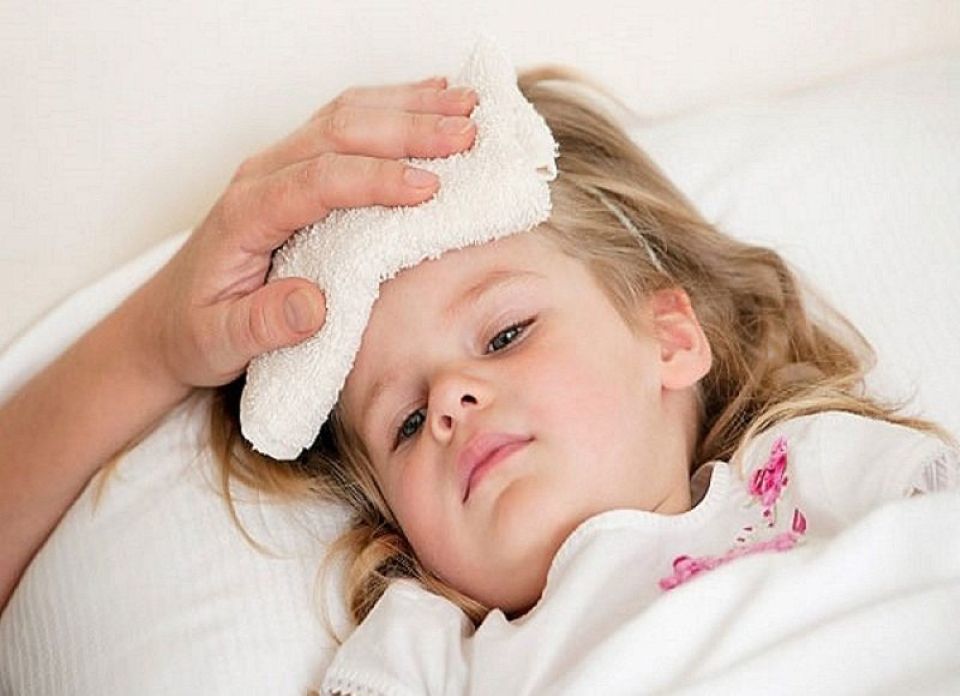
Change your child's routine
Due to the erratic weather with humidity and rain, changing the child's routine is necessary. Specifically.
- Keep your child warm: Mothers need to pay attention to their child's clothing during the day to ensure body temperature. Always keep your child's body warm, especially at night, paying attention to the neck, hands, and feet.
- Pay attention to hygiene for children: In addition to cleaning the environment around children, personal hygiene for children is also very important such as: cutting children's fingernails and toenails, regularly cleaning children's hands with antibacterial soap, using saline to clean children's nose and throat every day.
- Children need to get enough sleep: Sleep plays a very important role in the comprehensive development of children. Parents should ensure that their children get enough sleep 9 - 12 hours a day depending on their age. The child's bedroom must be airy, have enough light and maintain a certain humidity, helping children not have difficulty breathing.
- Limit children's contact with animals: Hair from dogs, cats, or from unclean blankets, pillows, mattress covers... is the main cause of children's coughs, asthma...
Keep the child's airway warm
Room temperature should be maintained between 25-28 degrees Celsius, well-ventilated and avoid drafts. Keep food and drinks warm.
Before taking your child out, you should wear a mask, a hat that covers the ears, a coat and warm shoes to avoid catching a sudden cold. However, you do not need to keep them too warm because if they are too warm, they will easily sweat on their back and head, which will then seep back in, leading to colds, pneumonia, etc. Moreover, sweat stagnation on the skin is also a favorable condition for bacteria to grow, causing skin diseases, itching and discomfort.
Exercise and proper hygiene
Letting children exercise outside helps to increase their resistance as well as their immune system. The ideal time for children to exercise outside and enjoy the sunlight in winter is around 8am - 9:30am and in the afternoon from 3pm - 5pm. Note that children should be limited to crowded places, avoid contact with people who are sick, and stay away from sources of pollution such as dust and cigarette smoke.
Bathe and clean the baby's body. The appropriate warm water temperature for bathing babies in winter is from 33 degrees Celsius to 36 degrees Celsius. When testing with your hand, if adults feel the water is warm enough, it means the water is hot for the baby. Therefore, parents should use a thermometer to determine the appropriate water temperature for bathing babies.
When bathing your baby, you should bathe him in a room with no wind. If necessary, prepare a heater and only bathe him for a maximum of 5-7 minutes to avoid catching a cold. Be careful not to let the air conditioner or heater point directly at the baby, as this can easily dry out the baby's skin or cause burns.
Proper care when children are sick
When children have a fever, they should wear cool clothes, drink plenty of water, cool them down and should be taken to a medical facility.
When children cough:
- For children under 12 months: Clean the child's nose and throat with physiological saline.
- For children over 12 months: Use ½ teaspoon of honey 30 minutes before bedtime to help reduce coughing and wake up less at night.
Take your child to a medical facility if the condition does not improve.
When your child vomits or has diarrhea: Give your child plenty of fluids to avoid dehydration and give them liquid, easily digestible foods. Vomiting will improve first, diarrhea will be fine after 5-7 days. If symptoms worsen, take your child to a medical facility.
Source: https://kinhtedothi.vn/bi-quyet-giup-phong-benh-cho-tre-luc-giao-mua.html


![[Photo] General Secretary To Lam receives French Ambassador to Vietnam Olivier Brochet](https://vstatic.vietnam.vn/vietnam/resource/IMAGE/2025/4/17/49224f0f12e84b66a73b17eb251f7278)

![[Photo] Closing of the 4th Summit of the Partnership for Green Growth and the Global Goals](https://vstatic.vietnam.vn/vietnam/resource/IMAGE/2025/4/17/c0a0df9852c84e58be0a8b939189c85a)
![[Photo] Nhan Dan Newspaper announces the project "Love Vietnam so much"](https://vstatic.vietnam.vn/vietnam/resource/IMAGE/2025/4/17/362f882012d3432783fc92fab1b3e980)
![[Photo] National Assembly Chairman Tran Thanh Man meets with outstanding workers in the oil and gas industry](https://vstatic.vietnam.vn/vietnam/resource/IMAGE/2025/4/17/1d0de4026b75434ab34279624db7ee4a)
![[Photo] Promoting friendship, solidarity and cooperation between the armies and people of the two countries](https://vstatic.vietnam.vn/vietnam/resource/IMAGE/2025/4/17/0c4d087864f14092aed77252590b6bae)




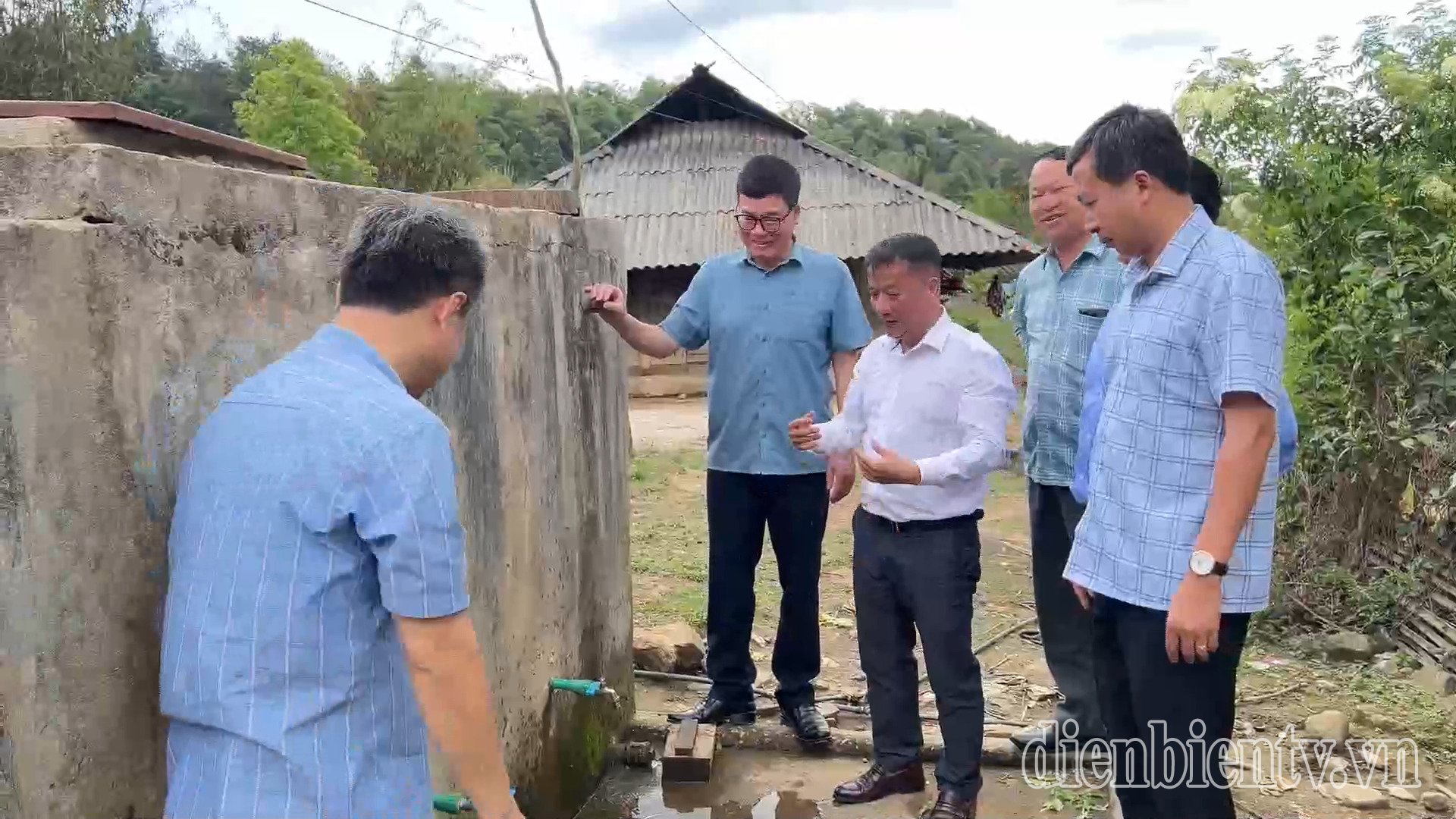


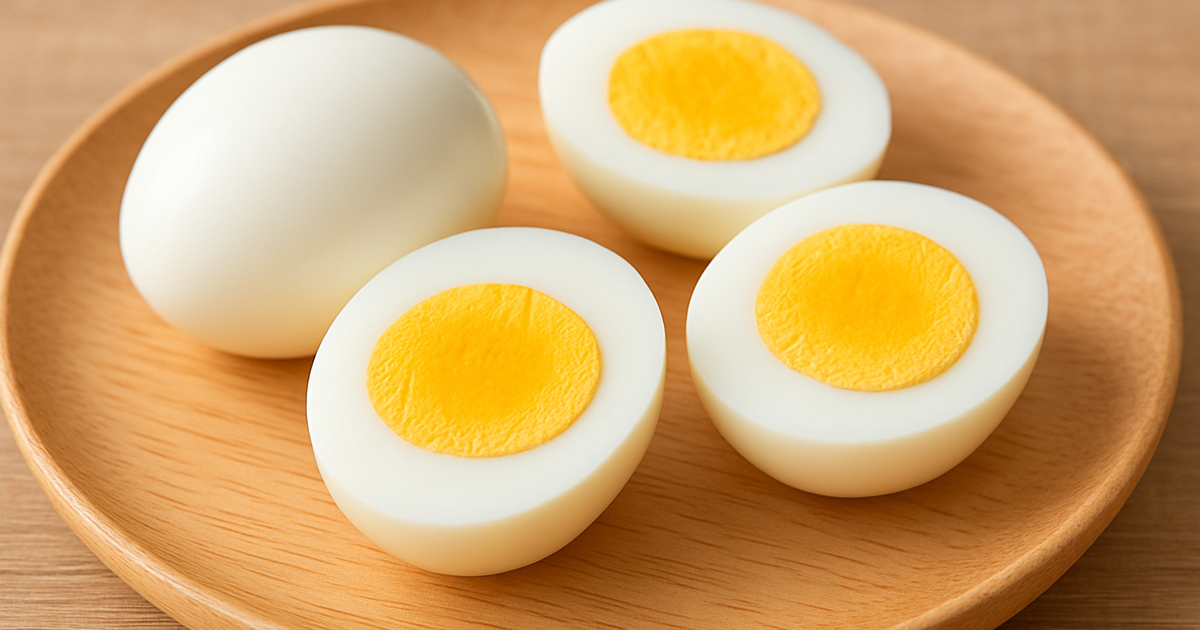

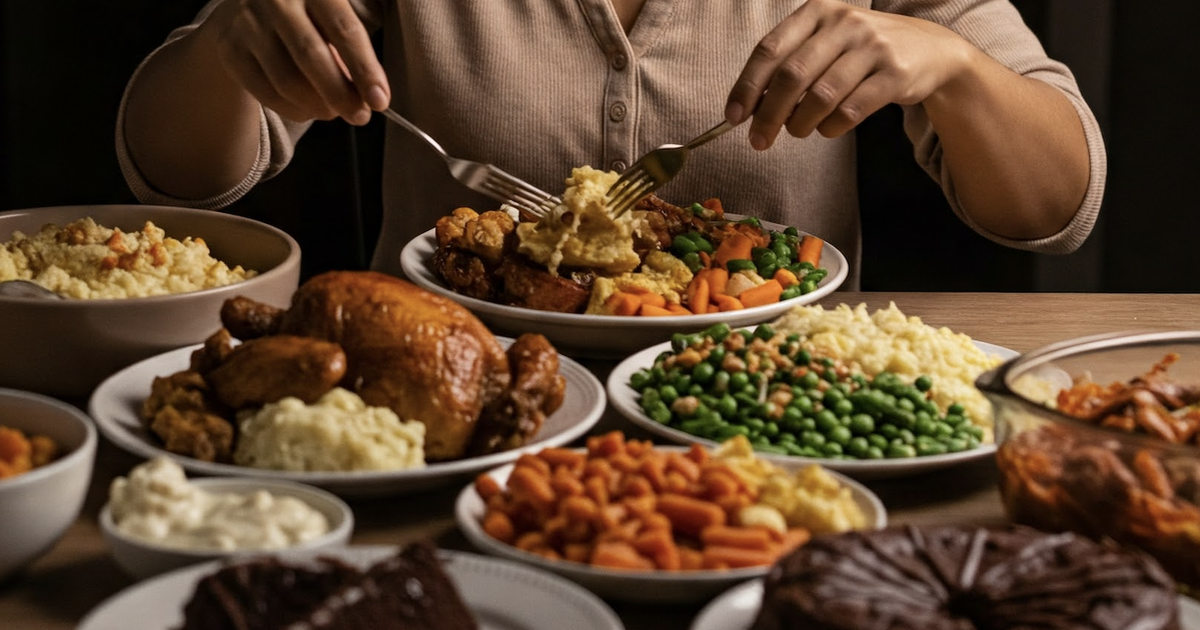
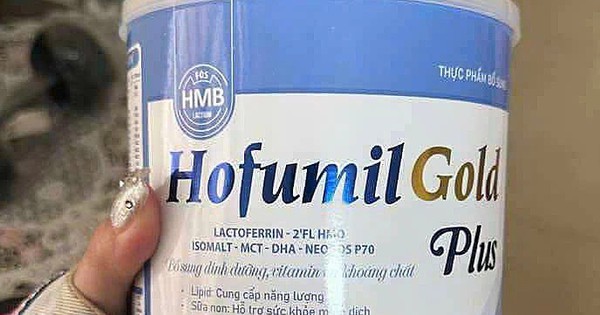

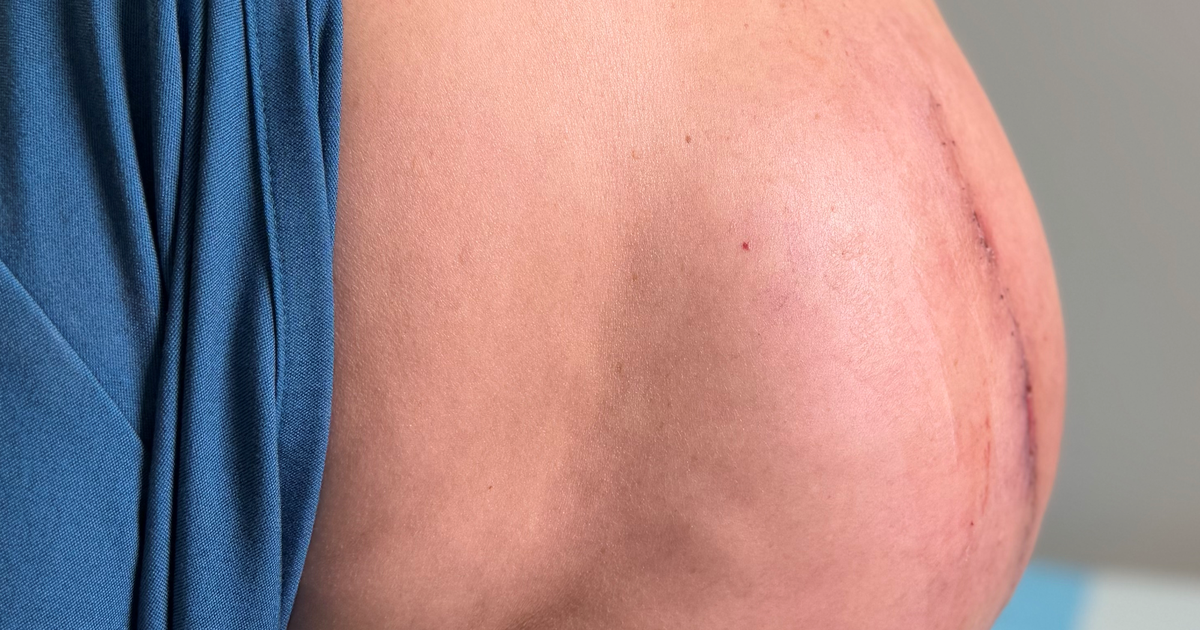










![[Photo] Welcoming ceremony for Chinese Defense Minister and delegation for friendship exchange](https://vstatic.vietnam.vn/vietnam/resource/IMAGE/2025/4/17/fadd533046594e5cacbb28de4c4d5655)




























![[Video] Viettel officially puts into operation the largest submarine optical cable line in Vietnam](https://vstatic.vietnam.vn/vietnam/resource/IMAGE/2025/4/17/f19008c6010c4a538cc422cb791ca0a1)






































Comment (0)